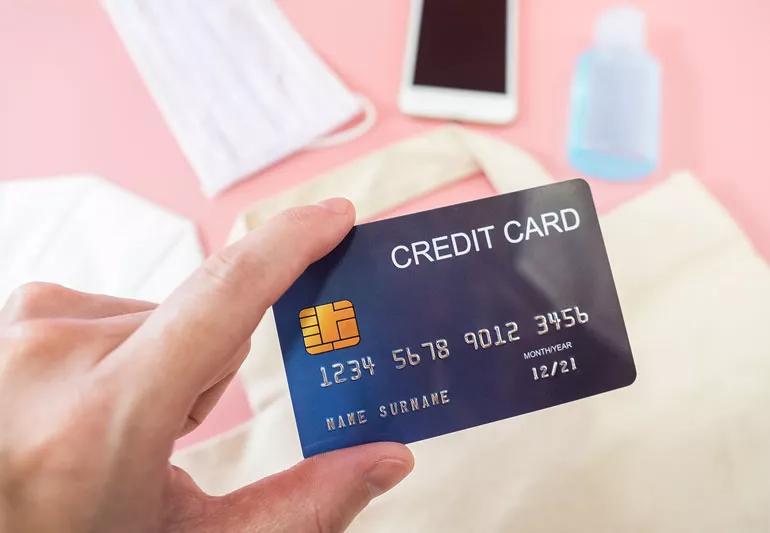Avoid bringing bacteria home

Image content: This image is available to view online.
View image online (https://assets.clevelandclinic.org/transform/7e3f02aa-789f-4c02-97de-159f18f4f6bf/creditCardClean-1216533734-770x553-2_jpg)
person holding a credit card
Dirty money has never been a more literal term. Researchers say that 1 in every 12 bank cards has fecal bacteria on it. One in seven bills are contaminated, too. So when you head out shopping, you might want to bring along a bottle of hand sanitizer.
Advertisement
Cleveland Clinic is a non-profit academic medical center. Advertising on our site helps support our mission. We do not endorse non-Cleveland Clinic products or services. Policy
Alan Taege, MD, a doctor who treats infectious diseases, says that money and other things that get touched multiple times by different people are likely to pick up all kinds of germs.
“We pass credit cards from our hands to someone else, back and forth, and it’s not at all unusual for the cards to be contaminated with bacteria,” he says.
Bacteria spread fast, and cell phones and handbags also are hot spots for germs, experts say.
Dr. Taege says you can decrease your chances of getting sick while you shop you by doing the following:
Alcohol-based sanitizers “may not be perfect, but they help,” he says.
Also, try to avoid touching your eyes and your mouth while shopping. You allow bacteria entry to the inside of your body when you touch your eyes and mouth Dr. Taege says.
In a 2012 study, researchers at Queen Mary University in London swabbed the hands, money, and credit cards of nearly 300 people.
They found bacteria on the hands of 11% of the people, on 8% of the credit cards, and on 6% of the bills they tested.
The organisms they found included staphylococcal “staph” bacteria, which are responsible for many infections, from mild to serious. They also found fecal matter that comes from stool in the gastrointestinal tract.
Advertisement
This is why it’s important to be mindful of germs, especially during the busy holiday shopping season.
Advertisement

Sign up for our Health Essentials emails for expert guidance on nutrition, fitness, sleep, skin care and more.
Learn more about our editorial process.
Advertisement
An occasional shopping spree can boost your mood by distracting you from stressors and pumping your brain full of ‘happy hormones’
Signs you’re a compulsive spender include lying about purchases, buying things you don’t use and treating shopping like a hobby
Information on serving size, calories and nutrients can help you make healthy choices
From planning ahead to resisting bargains, these tips could also save you money
All it takes is a little planning
4 ways to identify foods that are (actually) good for you
Infants are at high risk of severe RSV, but getting the vaccine during pregnancy helps protect them from it
Chilblain-like skin lesions and rashes are mild (and rare) complications of many viral infections, not just COVID-19
Although it could be used as a moisturizer, this new trend is not recommended
Communicating clear limits helps protect your time, energy and emotional well-being
High cholesterol can be genetic, but testing and treatment can lower your heart disease risk